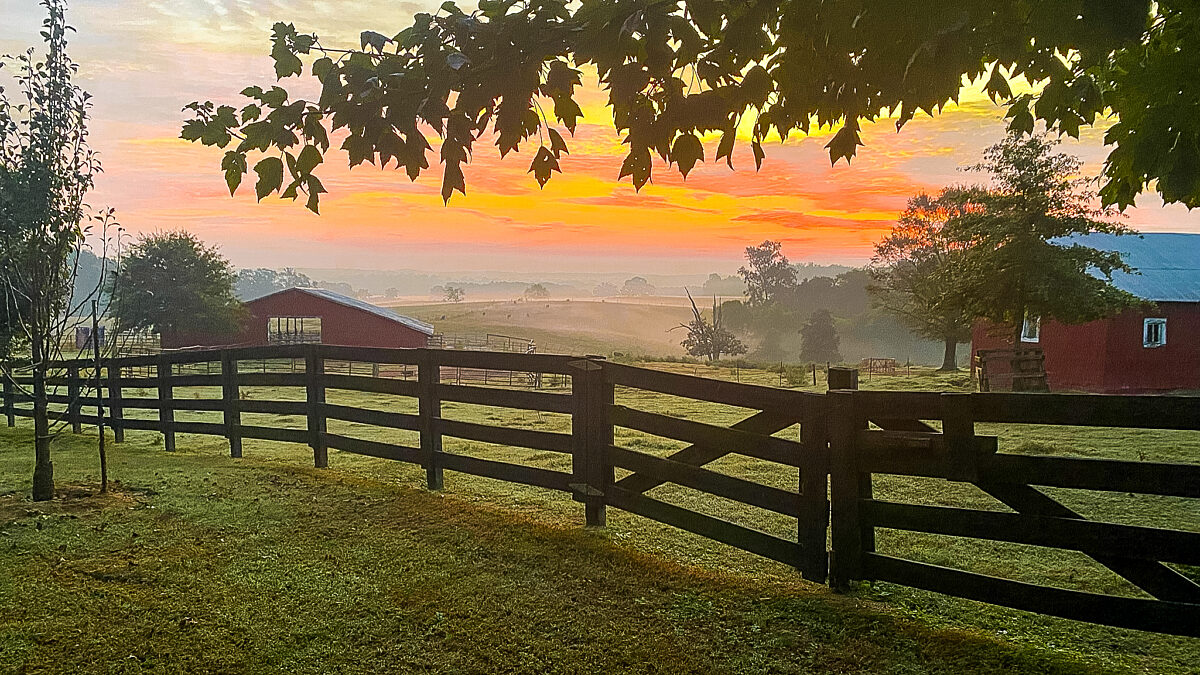Public Attitudes about Farmers and Farming: A Golden Opportunity
Guest Author
Special Contributor to FB.org

photo credit: AFBF Photo, Mike Tomko
Guest Author
Special Contributor to FB.org
By Terri Moore
Farmers enjoy one of the highest levels of public trust of any group or potential source of information, ranging from scientists to government experts, and certainly more than leaders in the retail sector. While the levels and rankings vary among surveys, the level of trust in farmers comes shining through in all of them. This reality was reinforced by our own recent survey at American Farm Bureau, which found that 88% of Americans trust farmers. Undoubtedly the envy of politicians. Kidding aside, this presents an incredible opportunity.
The nuance often missed is that public trust of farmers doesn’t always convey to farming. Our recent research shows only one person in five has a high level of trust in modern agriculture and about half the population trusts modern ag somewhat, which means they are skeptical. While it’s true that the term “modern agriculture” means different things to different people, we can look across multiple consumer research projects and see similar results: a big gap between the level of trust in farmers versus farming.
Farmers are highly trusted to tell the story of agriculture and explain how production practices align with societal values.
Why the trust gap and what can we do about it? There are multiple reasons for it. The public is uncertain what to think of the advancements in agriculture, including the use of technology in crop protection and plant/animal breeding. The growing size of farms doesn’t fit the nostalgic image of a lone red barn. Public uncertainty is reinforced by consumer advocates who question whether the advancements are in the best interest of a safe and sustainable food supply, and by activists whose mission is to undermine agriculture.
So, what do we do about it? We need some of the most trusted folks on the planet, farmers and ranchers, to step up engagement with the public about all the ways modern agriculture actually aligns very closely with their values. If we explain how we’re achieving remarkable advances in sustainability and animal care, we will build trust in farming. The great news is that we know the skeptical public is interested. Our survey shows three out of four Americans want to know more about how their food is produced. Their hunger to learn more presents an enormous opportunity.
Inviting the public to see and hear about the benefits of modern agriculture can literally take hundreds of forms. Farm tours, op-eds, classroom visits, social media posts, grocery store conversations, city council meetings and on and on. The key is to engage without first judging. It’s difficult. As people who have cared for the land and livestock 24/7 with a level of dedication unmatched in many other professions, it is frustrating to hear people express mistrust of agriculture. That said, if we start by criticizing their views, we close the door to building trust. Case in point: How many times have you been won over by someone with a different view who starts by criticizing your views? Exactly.
If we fail to distinguish irrational activists (whose existence revolves around criticizing agriculture) from rational skeptics (who are genuinely trying to decipher what is right), we risk alienating the 49% of Americans who trust agriculture only somewhat. Combined with the 12% who say they aren’t sure, more than 60% of Americans fall within the proverbial moveable middle. They are the open-minded, waiting to be engaged by someone they trust.
Bottom line: farmers are highly trusted to tell the story of agriculture and explain how production practices align with societal values. The opportunity is clear. The public is interested. An array of Farm Bureau resources are available to help with effective engagement. If you are among the farmers stepping up, I commend you. You are helping to ensure we don’t further cede to activists the opportunity to tell agriculture’s story. We need more farmers and ranchers to share how we are working to deliver safe, high-quality food, fiber and fuel around the world. Don’t know where to start? Call us.
Terri Moore is vice president of communications at the American Farm Bureau Federation.
Top Issues
VIEW ALL